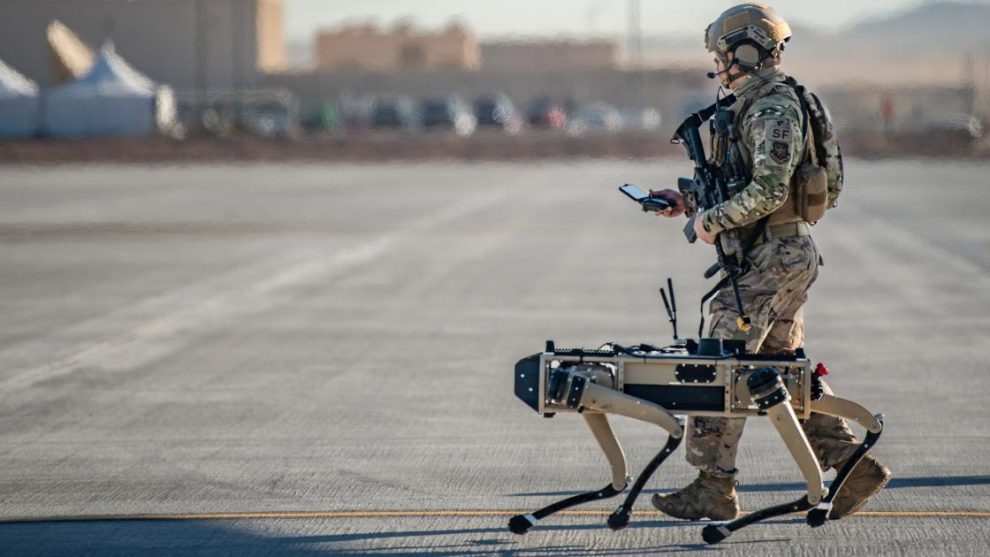The world faces complex problems like hunger, disease, and climate change, threatening our planet and its inhabitants. Fortunately, amidst these challenges emerges a beacon of hope: Artificial Intelligence (AI). No longer confined to science fiction, AI is rapidly evolving into a potent tool for tackling these global issues, offering innovative solutions and pushing the boundaries of what’s possible.
Combating Hunger: Precision Farming and Food Waste Reduction
Imagine fields monitored by drones and robots, meticulously analyzing soil quality and adjusting irrigation based on real-time data. This is the future of precision farming, powered by AI. By optimizing resource utilization and preventing overwatering, AI can significantly boost crop yields, potentially feeding millions more people.
But the fight against hunger goes beyond production. AI can also tackle food waste, a staggering global issue. Smart packaging that monitors freshness and spoilage can alert distributors and retailers, preventing edible food from ending up in landfills. Meanwhile, AI-powered apps can connect farmers with markets and consumers, reducing inefficiencies and ensuring food reaches those who need it most.
Fighting Disease: Early Detection and Precision Medicine
AI is revolutionizing healthcare, offering early disease detection and personalized treatment options. Medical imaging analysis powered by AI can identify tumors, diagnose diseases like cancer at earlier stages, and significantly improve patient outcomes.
Precision medicine, another AI-powered marvel, analyzes a patient’s genetic makeup and other factors to tailor treatment plans to their individual needs. This can lead to more effective therapies with fewer side effects, marking a significant advancement in personalized healthcare.
Climate Change Mitigation: Efficient Energy and Sustainable Practices
The fight against climate change requires a multi-pronged approach, and AI is playing a crucial role. Smart grids powered by AI can optimize energy distribution, integrate renewable sources like solar and wind, and reduce reliance on fossil fuels.
Additionally, AI can analyze vast amounts of environmental data to predict weather patterns, track deforestation, and monitor pollution levels. This information empowers policymakers to implement effective climate mitigation strategies and make informed decisions for a sustainable future.
Challenges and the Road Ahead
While AI’s potential for good is undeniable, several challenges remain. Ethical considerations like bias and fairness in algorithms need careful attention. Additionally, ensuring equitable access to AI technology and addressing potential job displacement are crucial concerns.
Despite these challenges, the potential of AI for good is too vast to ignore. By harnessing its power responsibly and collaboratively, we can create a future where AI tackles global challenges, ensuring a healthier, more sustainable world for generations to come.
The fight against hunger, disease, and climate change is a complex one, but with AI as our ally, we are better equipped than ever to face these challenges. Let us remember, however, that technology alone is not the answer. Responsible development, ethical considerations, and collaborative efforts are key to unlocking the true potential of AI for good. Together, we can build a brighter future, one powered by innovation and driven by a shared desire for a better world.
















Add Comment